The most popular and successful Czech opera, Rusalka, tells the story of an immortal water nymph from Slavic Mythology who falls in love with a prince and yearns to become human. It is a sad and touching fairy tale which contains many similarities to Undine by German poet Friedrich de la Motte Fouqué and The Little Mermaid by Danish writer Hans Christian Anderson.
The opera Rusalka is based on the fairy tales of the folklorist Karel Jaromír Erben and the Czech writer, Božena Němcová. The opera was composed by the famous Czech composer, Antonín Dvořák and the libretto was written by the Czech poet and librettist, Jaroslav Kvapil, who first had the idea to write the libretto while on the island of Bornholm. In his memoirs he wrote:
“The fairy tales of Erben and Bozena Nemcova, which I was studying at the time, accompanied me to the sea. And there, merging together, were my impressions from Andersen, which I loved as a child, and the rhythms of Erben’s ballads, the most beautiful of Czech ballads…”
After Antonin Dvorak had conquered the musical world – he was considered the greatest Czech composer in Bohemia, the greatest composer after Brahms in Austria and Germany, the successor of Mendelssohn in England, and the greatest composer in the world in the United States – he returned to Bohemia to write the national operas of his people. He started with Cert a Káca (The Devil and Kate) and ended with Armida (1904), but between them composed the great Czech national opera, Rusalka.
Written in a single burst of inspiration between April 21 and November 27, 1901, to a text by Jaroslav Kvapil based on Hans Christian Andersen, Rusalka is a Bohemian Little Mermaid. Telling the sad story of a water sprite who longs for human love, Rusalka is a three-act opera set in its first and last acts in the lakes of Bohemia, with a central act depicting an interrupted wedding feast.
Although it hews basically to the composer’s distinctive mix of nationalism, lyricism, and Brahmsian classical thinking, the influence of Wagner is readily apparent in the use of leitmotif musical character identifiers, and more generally in the derivation of the story from ancient and fantastic legend.
Its melodies are based on the cadences of the Czech language; its harmonies are lushly late Romantic, sometimes almost Impressionistic but always sweetly and sensuously Czech; its cavatinas, arias, and set pieces are derived from the folk ballads of Czech poetry; and its lyricism is deep, passionate, and all-suffusing.
Dvorak’s Rusalka rivals the operas of Smetana and Janacek as the supreme expression of what it means to be Czech in music.
The composition of the libretto began before the poet ever met Dvořák. Kvapil began working on the libretto for Rusalka before he had any contact with the composer. In fact, at the time when he wrote the libretto, he was uncertain who would compose it. In 1911, in an article from Hudební Revue (English: Musical Review), Kvapil says:
“I wrote it not knowing who the recipient would be.”
It was not until 1899, when the libretto was complete, that Kvapil began searching for composers to set his text. He offered it to a few other composer before Dvořák, none of whom showed any interest in the text. During this time, Dvořák was looking for a new project and issued an advertisement through the National Theatre. It was not until Kvapil saw the advertisement that Dvořák was looking for a libretto that he offered it to Dvořák through the theatre’s director.
Dvořák composed the opera quite quickly. The composition of the first draft began on April 22, 1900 and was completed by the end of November. Dvořák had always been interested in the stories of Erben and was very enthusiastic about the work. On June 12, 1900, he wrote to his friend Alois Gobl about his excitement:
“I am now working on a new opera and I’ve already completed the first act and I also intend to finish the instrumentation this month. My new opera is once more a fairy tale, with words by Jarosl. Kvapil; it is called “Rusalka”. I am filled with enthusiasm and joy that my work is going so well.”
The libretto by Kvapil was inspired by various literary works and yet the poetic beauty of the libretto is quite distinct and undoubtedly served to inspire Dvořák during his composition of the opera.
The music for the opera is at once both tender and dramatic. Dvořák manages to evoke images of moonlight reflecting on the black lake and leaves rustling in the dark forest. The musical score is hauntingly beautiful and mysterious and, at times, even sinister. However, it is always splendid.
The famous aria from Act I of the opera, entitled “Song to the Moon” (Czech: “Měsíčku na nebi hlubokém”) is sung by the title character, Rusalka, and is considered the most popular excerpt from the opera. In “Song to the Moon” Rusalka asks the moon to tell the prince of her love for him.
Simply beautiful.
“Song to the Moon” Czech Lyrics
Mesiku na nebi hlubokem
Svetlo tve daleko vidi,
Po svete bloudis sirokem,
Divas se v pribytky lidi.
Mesicku, postuj chvili
reckni mi, kde je muj mily
Rekni mu, stribmy mesicku,
me ze jej objima rame,
aby si alespon chvilicku
vzpomenul ve sneni na mne.
Zasvet mu do daleka,
rekni mu, rekni m kdo tu nan ceka!
O mneli duse lidska sni,
at’se tou vzpominkou vzbudi!
Mesicku, nezhasni, nezhasni!
–“Song to the Moon” English Translation
Moon, high and deep in the sky
Your light sees far,
You travel around the wide world,
and see into people’s homes.
Moon, stand still a while
and tell me where is my dear.
Tell him, silvery moon,
that I am embracing him.
For at least momentarily
let him recall of dreaming of me.
Illuminate him far away,
and tell him, tell him who is waiting for him!
If his human soul is, in fact, dreaming of me,
may the memory awaken him!
Moonlight, don’t disappear, disappear!–
From 1857 to 1859, while he was still a student, Dvořák played the viola in the pit orchestra of the Estates Theatre (Czech: Stavovské divadlo) in Prague.
A few years later, in 1862, he began to play at the Provisional Theatre (Czech: Prozatímní divadlo), which is now known as the National Theatre (Czech: Národní divadlo). He continued to play at the Provisional Theatre until 1871. During his time playing the viola at these two famous theatre’s, Dvořák was exposed to various operas by Wagner, Mozart, and Smetana. Perhaps these years playing in the theatre would later serve as inspiration for Dvořák when he began composing his own operas.
Dvořák composed Rusalka when he was 60 years old, just three years before he died. It was the ninth opera he composed in his lifetime.
In the spring of 1901, Rusalka premiered at the National Theatre in Prague where Dvořák had once played as a young musician many years prior.
Needless to say, it was a great success.
Who sings Rusalka‘s Song to the Moon the best?
The following video features 20 sopranos from between the years of 1916-2021 singing it.
Thank you in advance for your support…
We know that you could spend hours, days, weeks and months finding some of this information yourselves – but at this website, we curate the best of what we find for you and place it easily and conveniently into one place. Please take a moment today to recognize our efforts and make a donation towards the operational costs of this site – your support keeps the site alive and keeps us searching for the best of our heritage to bring to you.
Remember, we rely solely on your donations to keep the project going.
We appreciate you more than you know!
If you have not already subscribed to get TresBohemes.com delivered to your inbox, please use the form below now so you never miss another post.

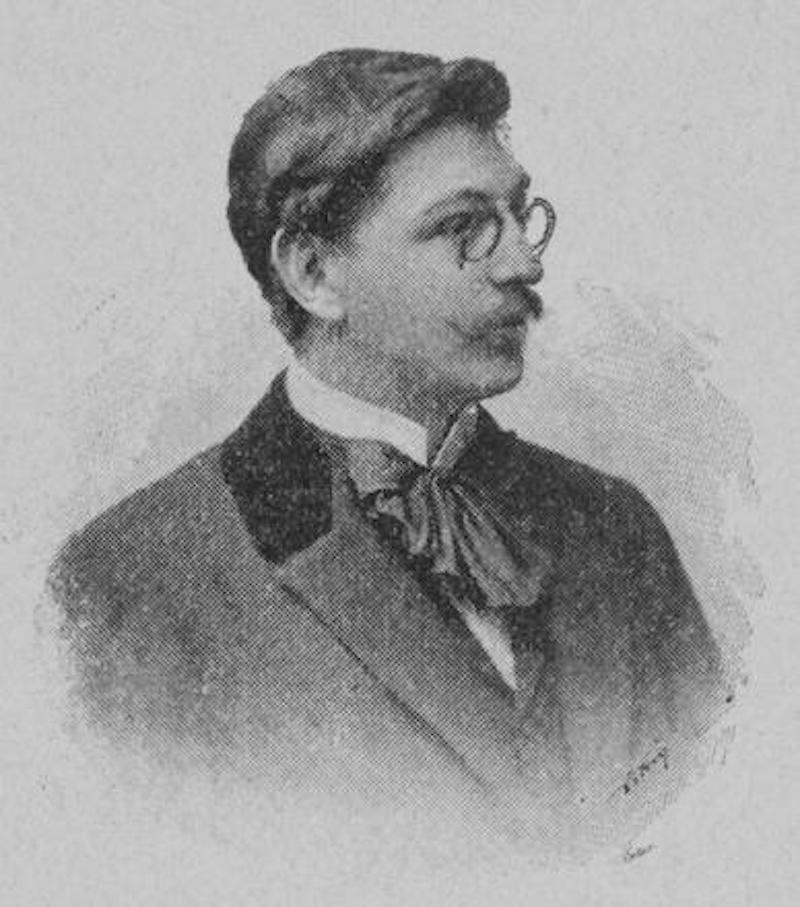
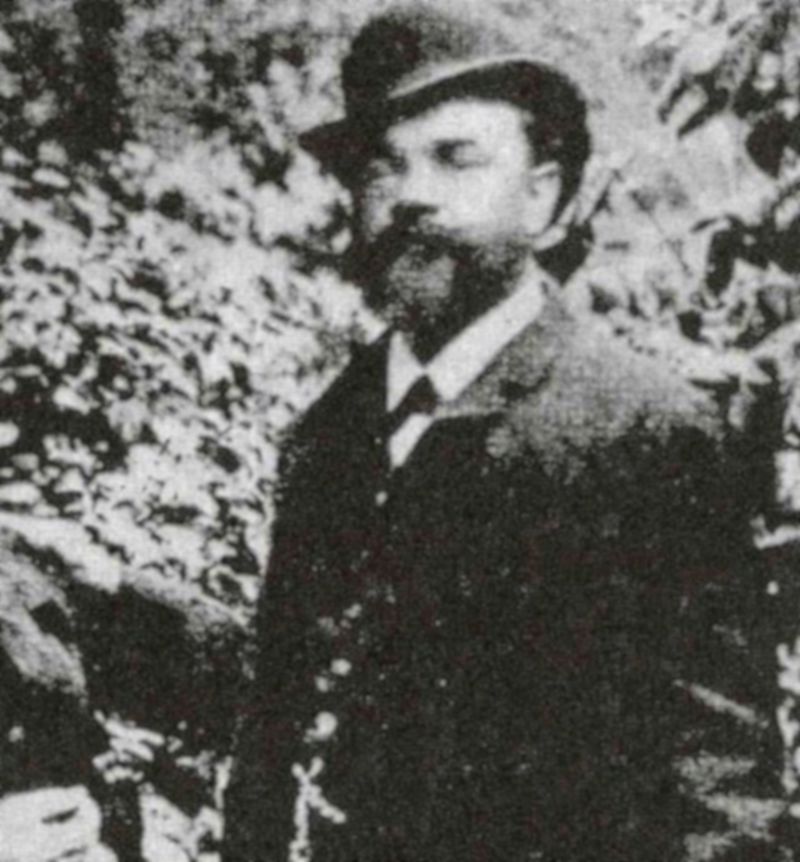
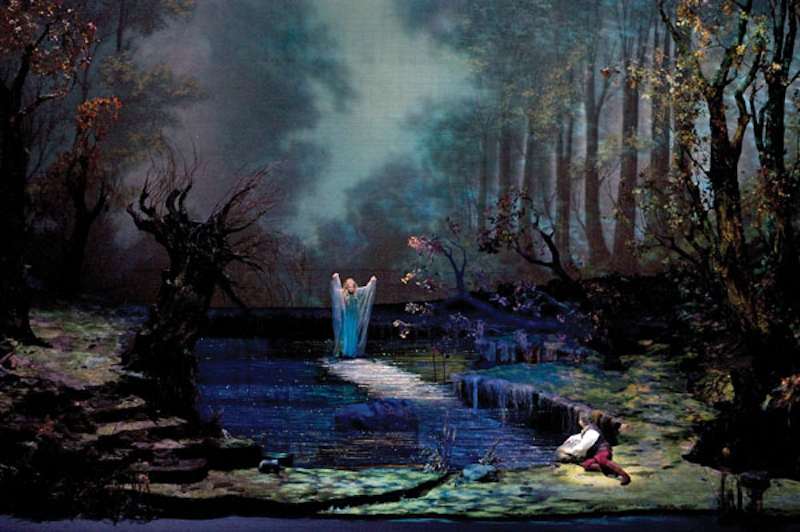
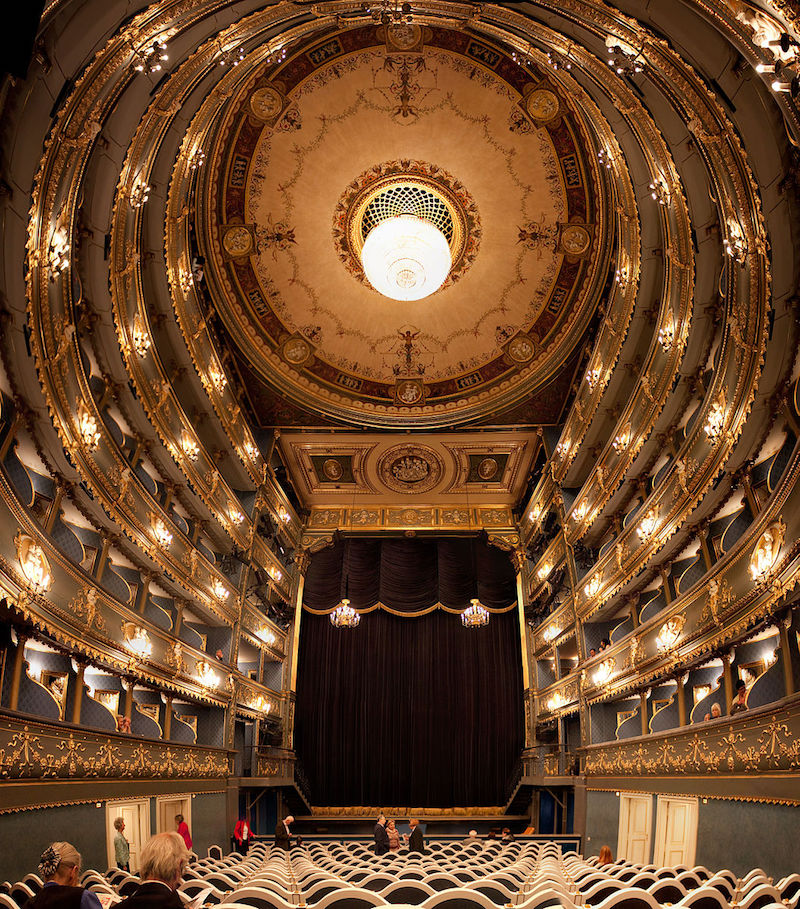
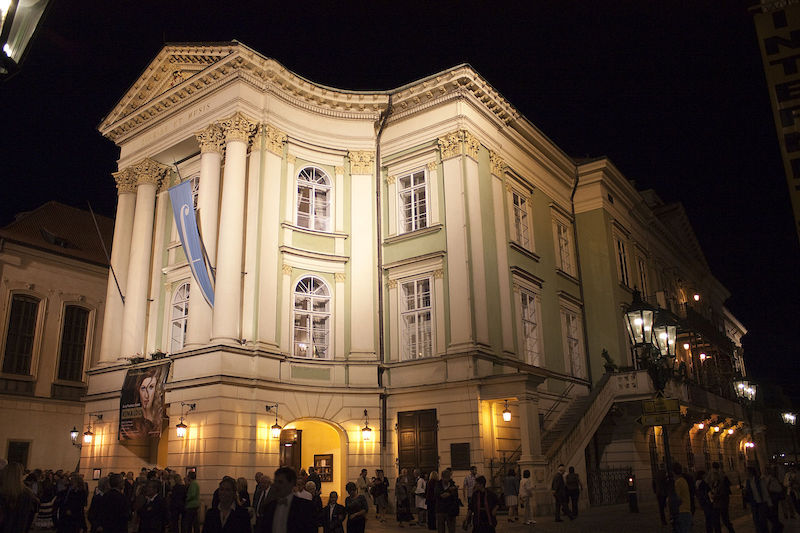
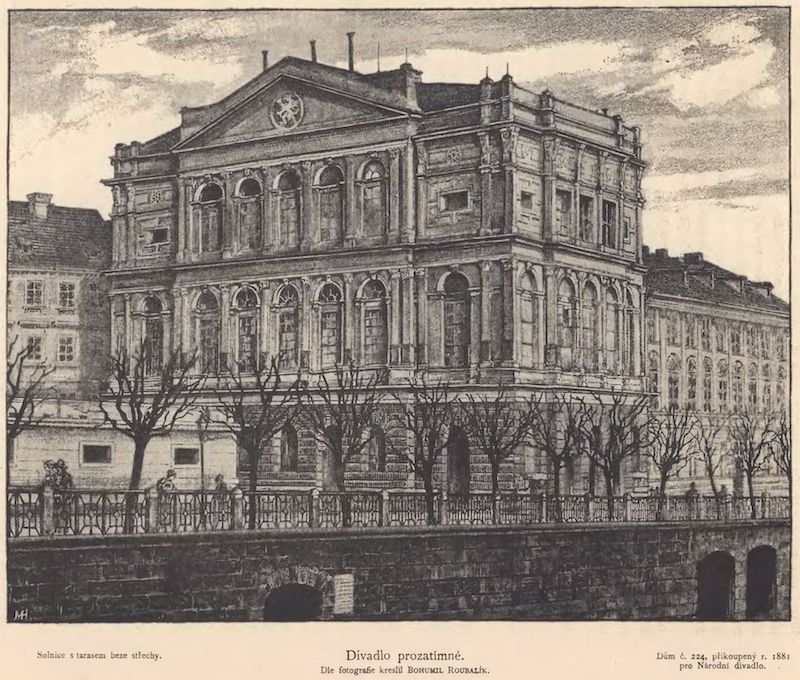
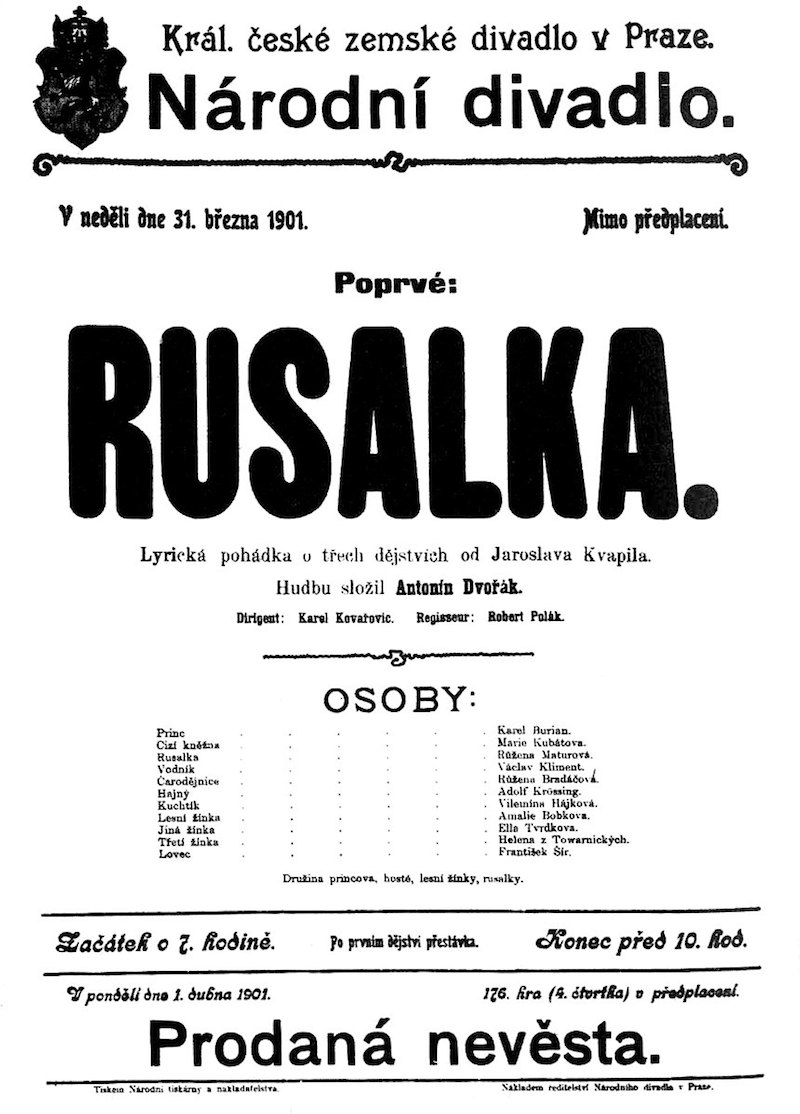
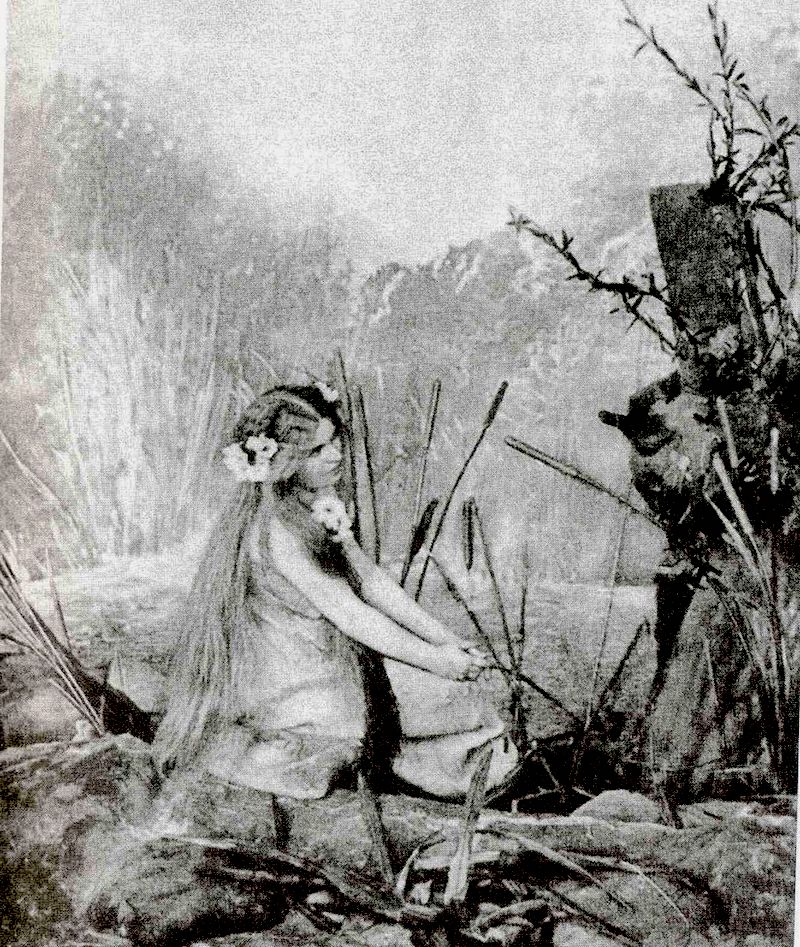




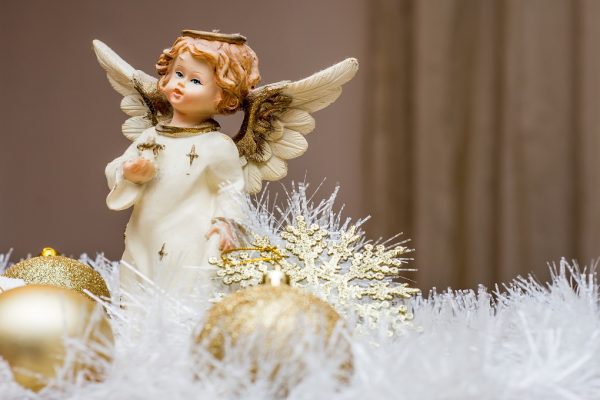
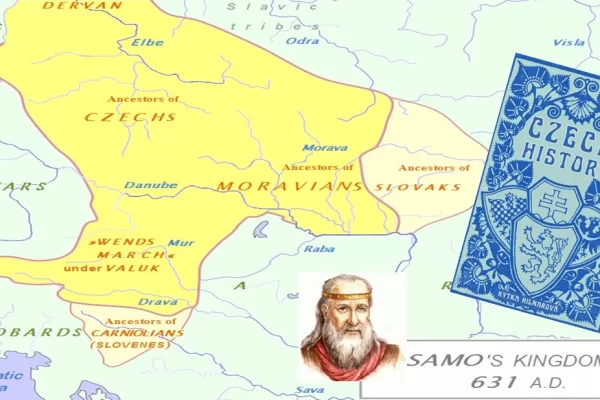















This is one of my favorite operas and I love playing the music on my cello. It’s nice to learn the story behind the opera. Bravo.
I see this every time I am in Prague.
Rusalka is a brutal piece. The music is ravishing. Dvořák spent most of his life pondering how to create his mighty Czech opera and came up with a blend of folk song, luscious nature evocation and Wagnerian epic. I saw it at the National Theater in Prague. A superb cast, a thoughtful and visually striking production, and first-rate work from the orchestra pit.
I see it every time I am in Prague too!
Ruslaka is my very favorite of all.
Rusalka remains one of the most successful Czech operas, and represents a cornerstone of the repertoire of Czech opera houses. An opera you must see.
This is a very good opera. I have seen it twice.
Beautiful! Thank you Kytka.